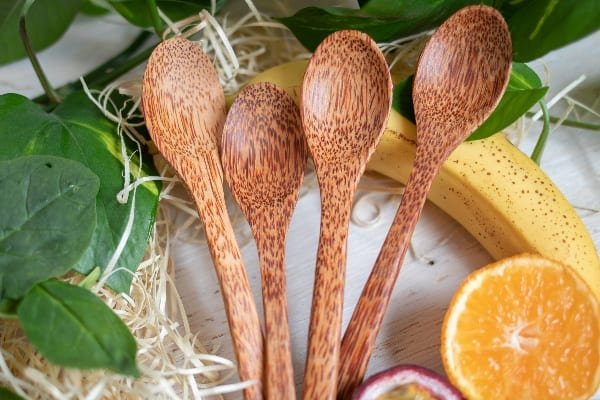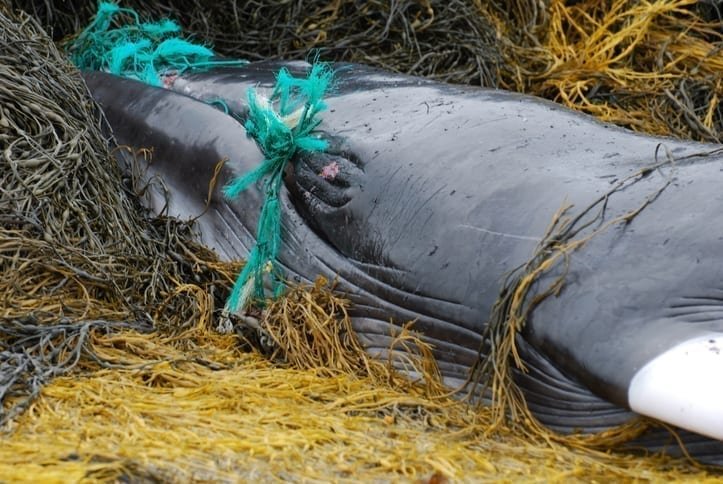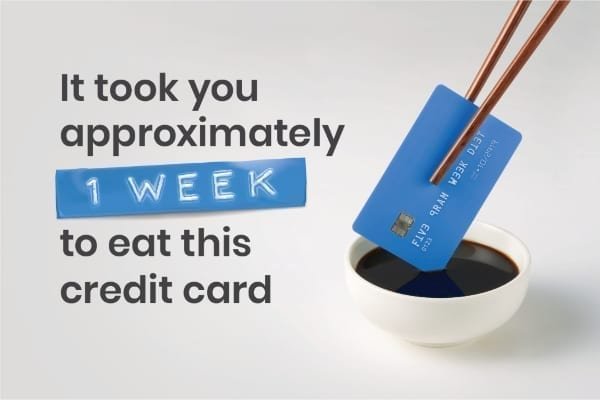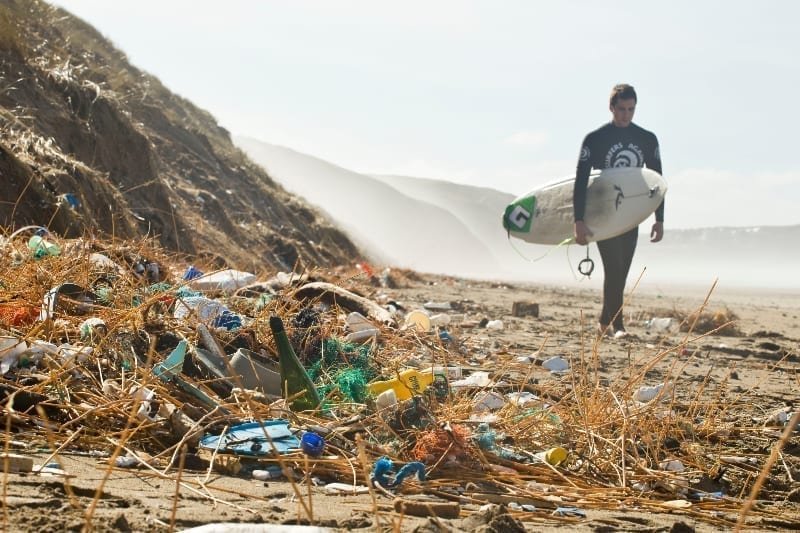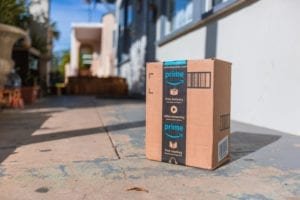Bamboo and coconut
‘We decided to work with bamboo and coconut as they are extremely durable materials that are often thrown away as waste from other industries’, Jack explains. ‘For us, as a company, it is very important not to create another environmental disaster whilst trying to solve one. By working with waste materials we can use something that is already in circulation.’
In collaboration with University College London, Panda Packaging has conducted a full lifecycle analysis (LCA) into many of its products’ cradle-to-cradle emissions.
‘The findings have shown that multiple product lines we produce are environmentally better from an embedded energy (kJ) and CO2 (kg) perspective than typical polystyrene, polypropylene and polylactic acid counterparts’, Maliha reveals. ‘Even if only used once, they always surpass traditional materials that are reused multiple times!’
Disrupting the plastics chain
Despite only having been in business for 27 months, Panda Packaging has already sold three million plastic-free products to big names in hospitality – from Virgin and Bacardi to Farmdrop.
As the company expands the goal is to supply directly to consumers, but the decision to target the hospitality sector was strategic.
‘As consumers, a lot of the plastic we use we are given’, Jack explains. ‘We don’t willingly choose to purchase it. When you go to a restaurant, you are served plastic straws. When you visit hotels, airports and festivals, you are handed single-use plastic packaging products. In order to change behaviour and break this cycle, you have to go straight to the top, to the people handing out this plastic. That is how you disrupt the plastics chain and create long-lasting impact.’
To date, the top-selling products are bamboo straws, coconut bowls, bamboo cutlery sets and bamboo dish scrubs.
Panda Packaging’s customisation software also allows clients to customise their packaging; the company has built a 3D model, accessible online, that allows clients to input their logo or write a message.
Introducing Magnus
The ethical packaging industry requires automated production machinery that can operate at a large scale, and Panda Packaging is proving to be a pioneer in this space.
‘Magnus’ was designed entirely in-house by Panda Packaging’s engineering team. He takes raw materials such as bamboo and turns them into beautiful, sustainable and reusable packaging.
The name Magnus comes from Latin and means ‘great’ or ‘power house’. ‘As he is the first automated machine built for the sustainable packaging industry, we thought this was the perfect name’, Maliha tells us. ‘He is the start of a plastic-free future!’
 Play Video about This Rock Might Just Save The World
Play Video about This Rock Might Just Save The World Play Video about Play 2 hours of rock
Play Video about Play 2 hours of rock Play Video about Play 2 hours of brook
Play Video about Play 2 hours of brook Play Video about Play 2 hours of sheep
Play Video about Play 2 hours of sheep

















